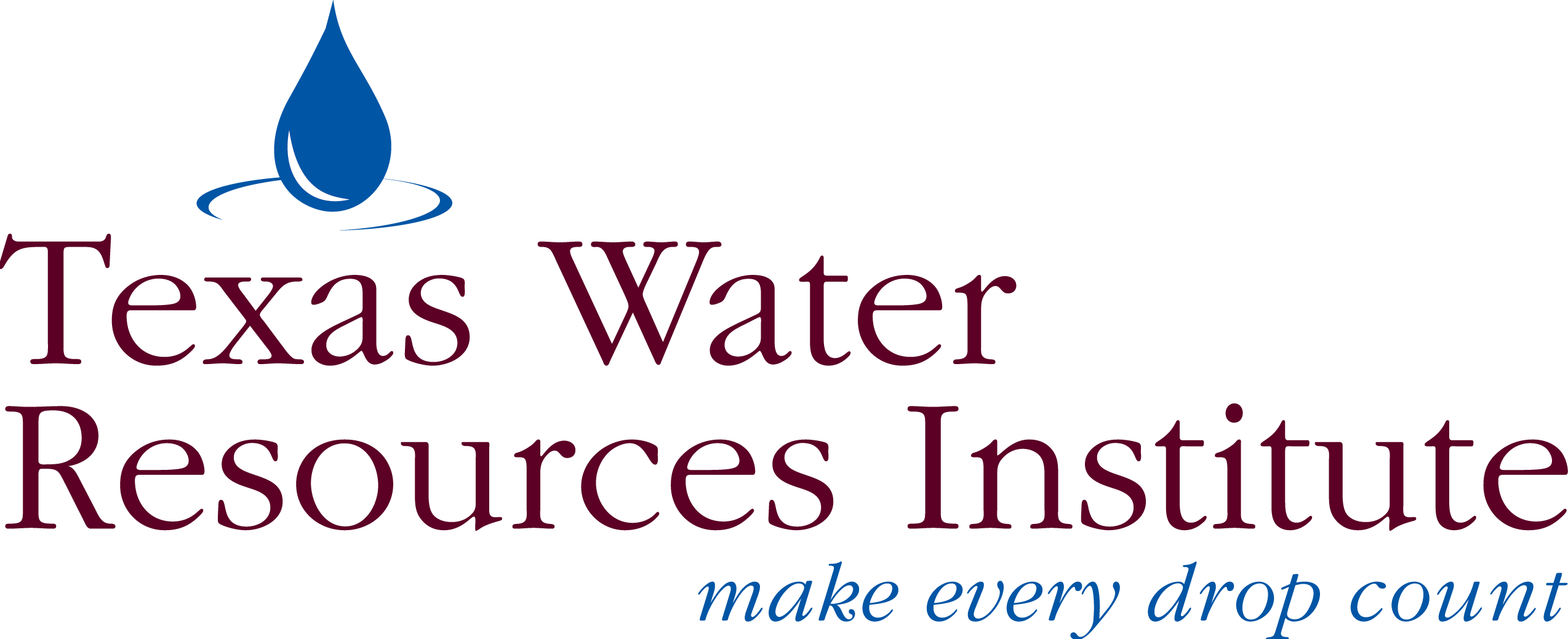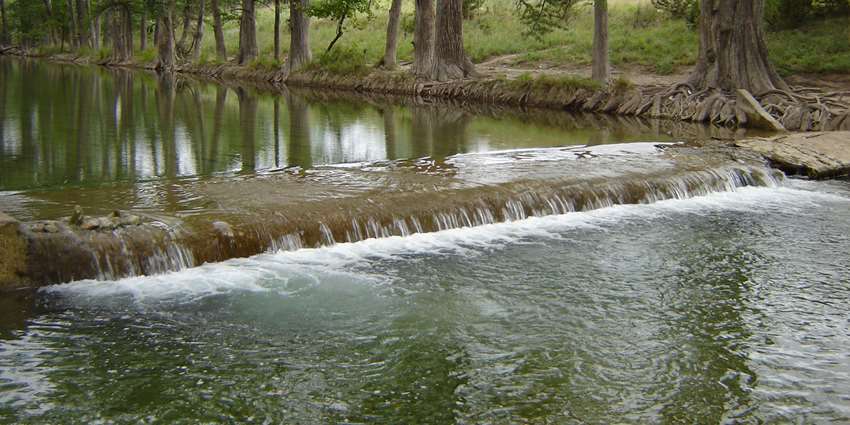The Texas Water Resources Institute (TWRI) Texas Watershed Planning Program is hosting a two-course series on watershed stakeholder engagement for water and natural resources professionals June 13-14 in Dallas.
The first course, Getting in Step – Top 10 Outreach Tips that Won’t Break the Bank, will be from 9 a.m. to 4 p.m. June 13 at the Texas A&M AgriLife Research and Extension Center, 17360 Coit Road.
The second course, Stakeholder Facilitation: Working with Stakeholders to Move the Process Forward, will be from 9 a.m. to 4 p.m. June 14 at the same location.
Registration for each course is $75 or $130 for both.
Nikki Dictson, TWRI program specialist and manager of the institute’s watershed program, said this two-course series begins with directions on how to develop an outreach campaign to engage stakeholders, followed by instruction on how to facilitate and keep stakeholders engaged throughout the process.
“These courses are for any natural resource or water professional who is working on outreach or with partners and stakeholders to facilitate a planning process,” she said.
Charlie MacPherson of Tetra Tech, an environmental engineering and consulting firm, is the instructor for both courses. Dictson said MacPherson helped develop the Getting in Step outreach series and guidebooks for the U.S. Environmental Protection Agency.
“Stakeholder engagement is more than just holding a public hearing or seeking public comment on a new regulation,” MacPherson said. “Effective stakeholder engagement provides a method for identifying public concerns and values, developing consensus among affected parties, and producing efficient and effective solutions through an open, inclusive process.”
Dictson said the Getting in Step course will highlight practical tips and tools used to effectively engage and involve stakeholders throughout a watershed area.
She said the stakeholder facilitation course will address determining who needs to be involved, making meetings count, diffusing conflict, making decisions using a consensus-based approach and sustaining the stakeholder group.
“Outreach is a powerful tool to get stakeholders involved early in the watershed planning process, promoting behavior change and enhancing the implementation of your programs,” Dictson said.
Dictson said the watershed planning program is able to offer these courses thanks to funding through a Clean Water Act nonpoint grant provided by the Texas State Soil and Water Conservation Board and U.S. Environmental Protection Agency.
For more information or to register for the courses, visit watershedplanning.tamu.edu/training.



